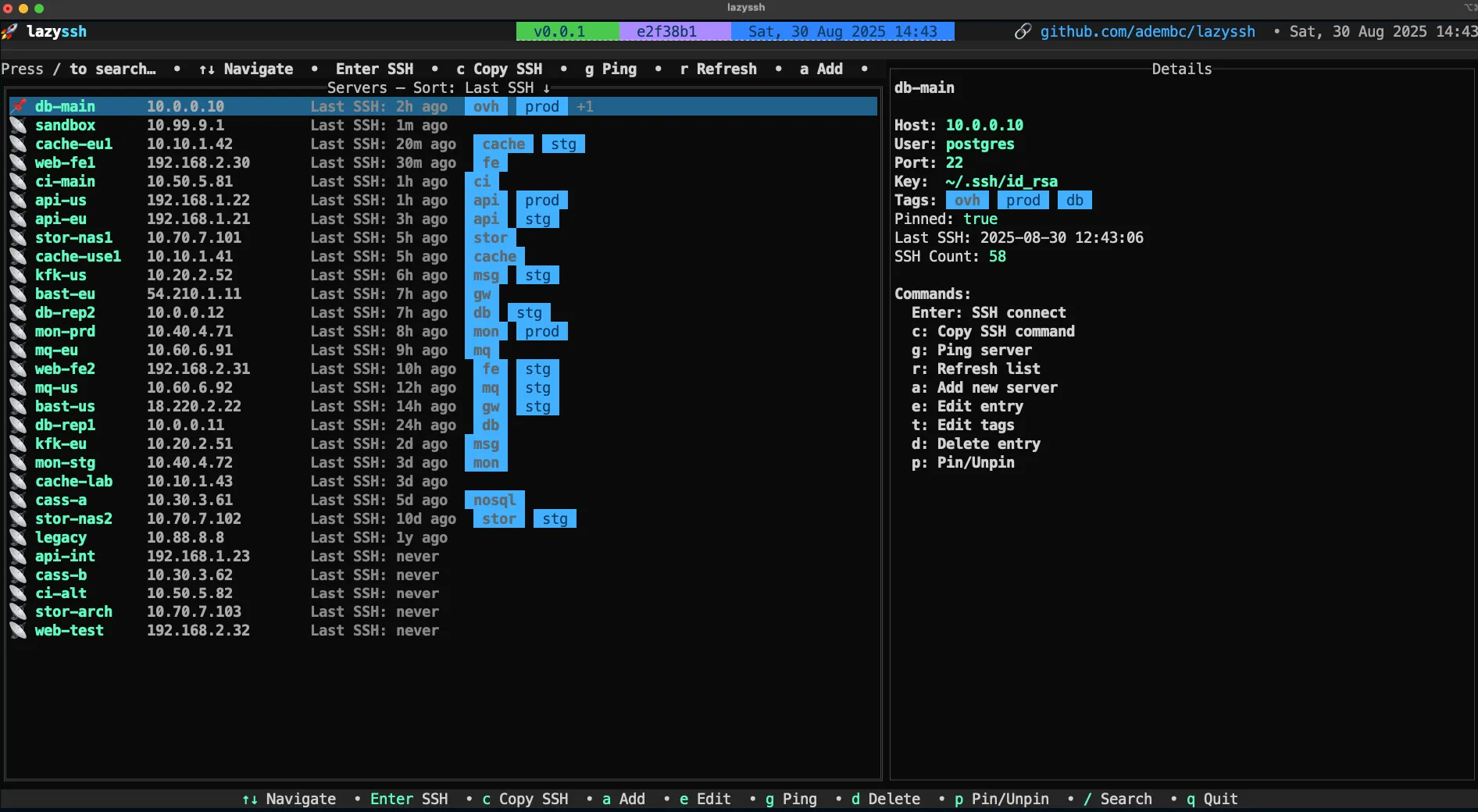Ubuntu Linux: Pioneering a New Evolution for Desktop Operating Systems
Since its inception in 2004, Ubuntu Linux has been at the forefront of transforming the landscape of desktop operating systems. Conceived by South African entrepreneur Mark Shuttleworth and developed by Canonical Ltd., Ubuntu has grown to become one of the most popular and influential Linux distributions globally. This article delves into the innovations Ubuntu has introduced and the significant contributions Canonical has made to its development, marking a new era for Linux on the desktop.
The Rise of Ubuntu
Ubuntu was created with the vision of bringing the power of Linux to the masses, emphasizing ease of use, accessibility, and community-driven development. Its name, derived from a Southern African philosophy meaning “humanity to others,” reflects its commitment to open-source principles and collaboration.
Key Milestones and Features
- User-Friendly Interface: One of Ubuntu’s most significant contributions to the Linux ecosystem is its user-friendly interface. The introduction of the GNOME desktop environment, and later the Unity interface, aimed to provide a seamless and intuitive user experience. This focus on usability helped lower the barrier to entry for new users migrating from Windows or macOS.
- Regular Release Cycle: Ubuntu’s predictable release cycle, with new versions every six months and long-term support (LTS) releases every two years, has provided stability and reliability to its user base. This approach ensures that users and enterprises can plan upgrades and deployments with confidence.
- Comprehensive Software Repository: Ubuntu offers a vast software repository, making it easy for users to find and install applications. The inclusion of the Snap package system has further simplified software installation and updates, allowing for more secure and isolated app environments.
- Security and Updates: Canonical has placed a strong emphasis on security, providing regular updates and patches to ensure that systems remain secure. The Ubuntu Pro service extends this by offering extended security maintenance and compliance features, catering to enterprise needs.
- Community and Documentation: The Ubuntu community is one of the most vibrant in the Linux world, contributing to extensive documentation, forums, and support channels. This community-driven approach has been crucial in driving innovation and addressing user needs.
Canonical’s Contributions
Canonical Ltd., the company behind Ubuntu, has played a pivotal role in its development and proliferation. Here are some key contributions:
- Development and Maintenance: Canonical employs a dedicated team of developers who work on improving Ubuntu, ensuring it stays at the cutting edge of technology. Their efforts include kernel development, system integration, and performance optimization.
- Enterprise Solutions: Canonical has expanded Ubuntu’s reach into the enterprise sector with products like Ubuntu Server, Ubuntu Core (for IoT devices), and cloud solutions. Their partnerships with major cloud providers (like AWS, Google Cloud, and Microsoft Azure) have solidified Ubuntu’s position in the enterprise and cloud computing markets.
- OpenStack and Kubernetes: Canonical has been a major contributor to the OpenStack and Kubernetes projects, integrating these technologies with Ubuntu to provide robust cloud and container solutions. This has helped organizations deploy scalable and efficient cloud infrastructures.
- Support and Services: Canonical offers professional support and services, including consulting, managed services, and training. These services ensure that businesses can effectively deploy, manage, and scale their Ubuntu-based solutions.
- Innovation Initiatives: Canonical continuously explores new avenues of innovation. Projects like the Ubuntu Touch (for mobile devices) and the Ubuntu WSL (Windows Subsystem for Linux) highlight their commitment to expanding Ubuntu’s versatility and accessibility across different platforms and devices.
Conclusion
Ubuntu Linux has undoubtedly pioneered a new evolution for desktop operating systems, blending the robustness and flexibility of Linux with user-centric design and enterprise-grade capabilities. Canonical’s ongoing contributions and commitment to innovation have cemented Ubuntu’s place as a leading force in the open-source community. As Ubuntu continues to evolve, it promises to drive further advancements in desktop computing, cloud services, IoT, and beyond, staying true to its ethos of bringing “humanity to others” through technology.





Post Comment